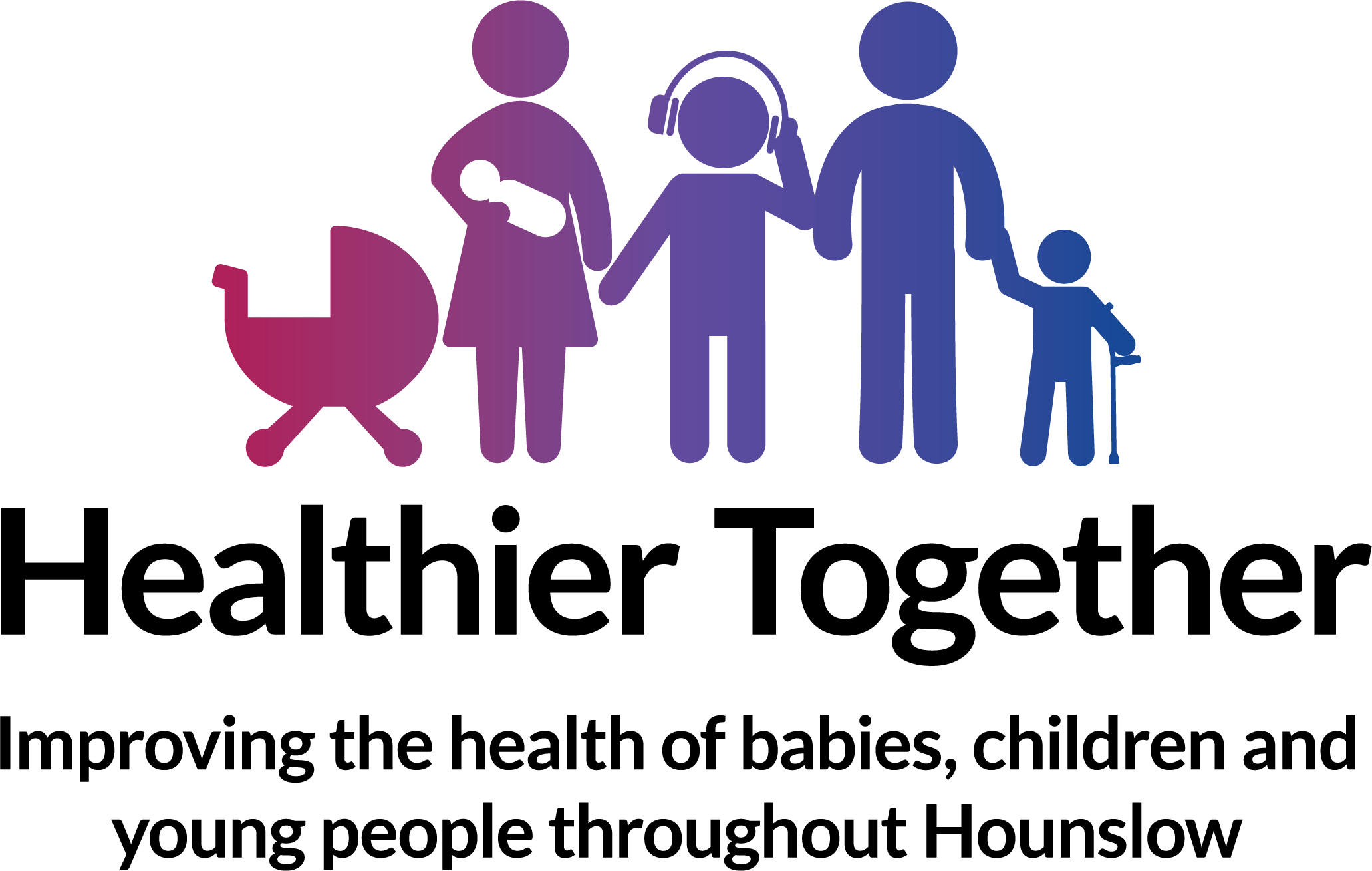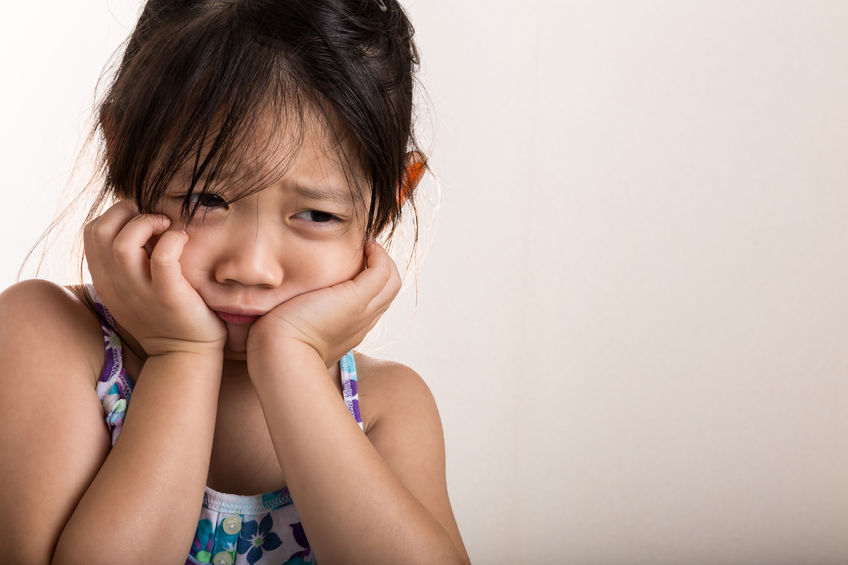Tantrums can happen for all sorts of reasons. They may be tired, over stimulated, hungry, wanting something they can’t have, or they had something taken away from them. It may also be a way of getting your attention or expressing their feelings to you as they are not able to tell you how they are feeling.
Young children are still developing their social, emotional, and language skills. This means they may struggle to communicate their needs and desires, including their need for independence. Frustration can easily arise, and they are still learning how their actions impact others. Tantrums, therefore, become a primary outlet for expressing and managing strong emotions, as well as a way to try and understand their surroundings.
Key Points:
- If your young child is having tantrums, it can be a way of them expressing a need they are unable to communicate. It can also be an indicator that they may be hungry, tired or over stimulated
- Try to stay calm when your child is having a tantrum. This can be very hard to do but if you become stressed too your child will pick up on it. Keeping calm and in control shows your toddler that you are not overwhelmed by his or her emotions and while he or she feels out of control
- Other ways to help could be by using a distraction method. Reading a book, singing or something else to look at where they are like a bus going past might help them forget that they were about to have an episode



